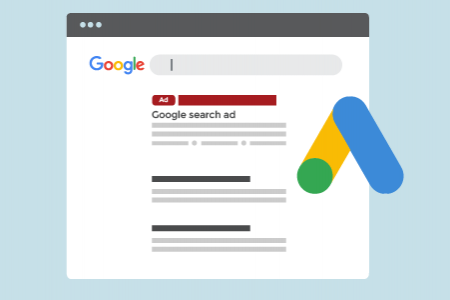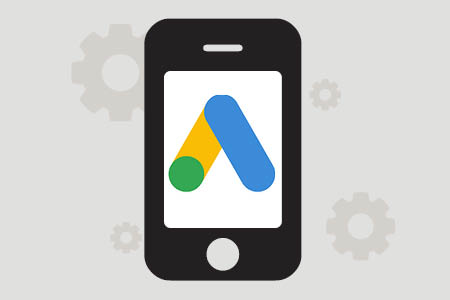We aim to respond to all messages within 1 business day. You'll be hearing from us soon!
In the meantime, perhaps you'd like to learn more...
Google to use Mobile Page Speed as Ranking Factor from July 2018
The widespread immersion of smart phones into our everyday life means more Google searches are now performed on mobile than on desktop. Google have been monitoring the mobile swing closely and have been making moves to reward mobile-friendly websites with higher SERP visibility. Come July 2018 the internet search giant will roll out a mobile-friendly update that will continue to ramp-up their emphasis on mobile.
A mobile-friendly history
Before we launch into the upcoming update, let’s look back at Google’s mobile-friendly history. Google have been monitoring the mobile-friendliness of sites for a long time now, and in 2014 they started labelling mobile-friendly sites as such on SERPs.
In April of 2015 they introduced a major mobile-friendly ranking algorithm update. Dubbed by many (including us) as Mobilegeddon, the update was a ranking boost for mobile-friendly websites. Mobilegeddon made for some entertaining reading when it became apparent that it may as well have been the end of the world for several high-profile websites that weren’t ready for mobile-friendliness to become a ranking signal at all. The digital marketing world and SMEs everywhere were in such a spin about Mobilegeddon, we thought it would be helpful to share some handy hints about how to make your website mobile-friendly.
November 2015 saw Google launch a mobile-first index that crawled the mobile version of sites to determine their SERP visibility.
The upcoming 'Speed Update' and how it will affect your online visibility
Google recently announced that they will update their algorithm to use page speed as a ranking signal for mobile searches starting in July 2018. Page speed has been a ranking signal for quite some time, but until now this has been focused on desktop searches.
The “Speed Update”, as Google are calling it, will only affect pages delivering the slowest user experience. Google are saying it will subject all pages to the same scrutiny, regardless of what technology was used to build the page. They were quick to mention that mobile page speed is only one of many signals, and that the intent of a search query is still an instrumental signal – a slower page can still rank highly if it has excellent content that’s relevant to the user’s intent.
There is no way of ascertaining whether your website will be affected by the update, but we’re confident that continuing our method of optimising sites for speed and maximum conversion rates across all devices will satisfy the requirements of the “Speed Update”.
If you’d like us to assess your site’s mobile-friendliness and help you avoid a Mobilegeddon of your own, don’t hesitate to get in touch.
Written by Mark Vassiliou
Mark is the Manager of Digital Marketing at Apex and has worked in the digital marketing industry since 2004. Prior to joining Apex he worked in a variety of traditional marketing roles in both the corporate and SME environment in NZ and abroad, but these days much prefers the tangible measurability and transparency of digital marketing.Related posts
AWESOME! LET'S GET STARTED
TELL US HOW WE CAN HELP
We aim to respond to all messages within 1 business day. You'll be hearing from us soon!
In the meantime, perhaps you'd like to learn more...






